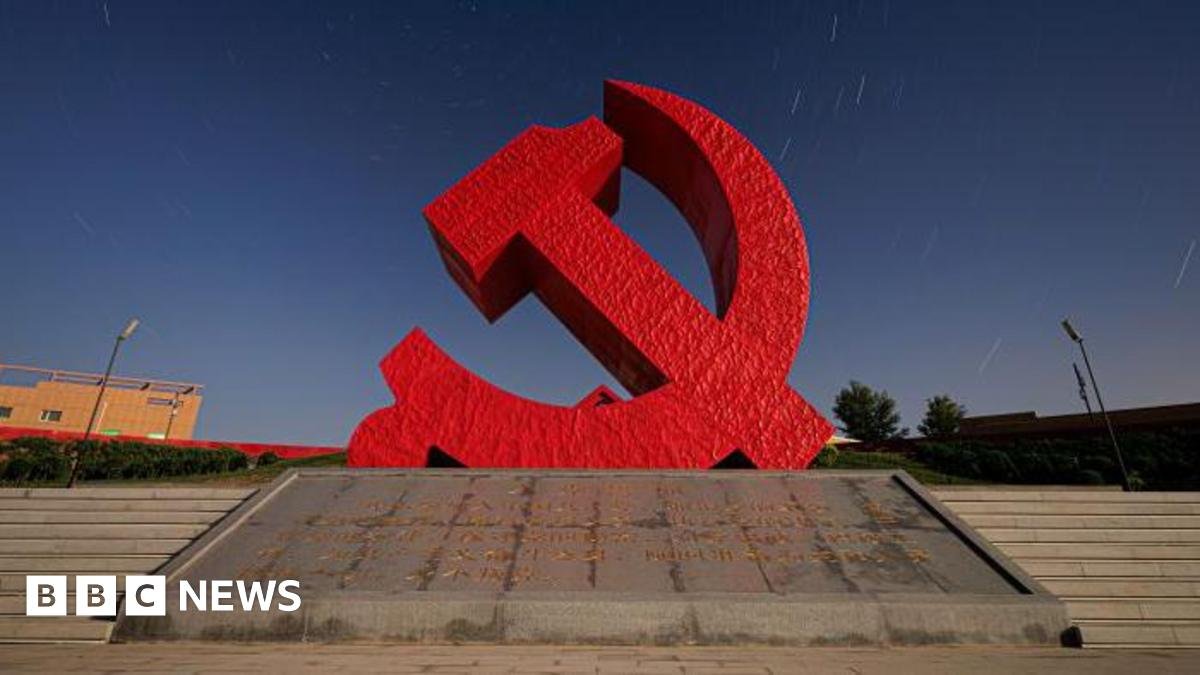The United Front – originally referring to a broad communist alliance – was once hailed by Mao as the key to the Communist Party’s triumph in the decades-long Chinese Civil War.
After the war ended in 1949 and the party began ruling China, United Front activities took a backseat to other priorities. But in the last decade under Xi, the United Front has seen a renaissance of sorts.
Xi’s version of the United Front is broadly consistent with earlier incarnations: to “build the broadest possible coalition with all social forces that are relevant”, according to Mareike Ohlberg, a senior fellow at the German Marshall Fund.
On the face of it, the UFWD is not shadowy – it even has a website and reports many of its activities on it. But the extent of its work – and its reach – is less clear.
While a large part of that work is domestic, Dr Ohlberg said, “a key target that has been defined for United Front work is overseas Chinese”.
Today, the UFWD seeks to influence public discussions about sensitive issues ranging from Taiwan – which China claims as its territory – to the suppression of ethnic minorities in Tibet and Xinjiang.
It also tries to shape narratives about China in foreign media, target Chinese government critics abroad and co-opt influential overseas Chinese figures.
“United Front work can include espionage but [it] is broader than espionage,” Audrye Wong, assistant professor of politics at the University of Southern California, tells the BBC.
“Beyond the act of acquiring covert information from a foreign government, United Front activities centre on the broader mobilisation of overseas Chinese,” she said, adding that China is “unique in the scale and scope” of such influence activities.
Source link
